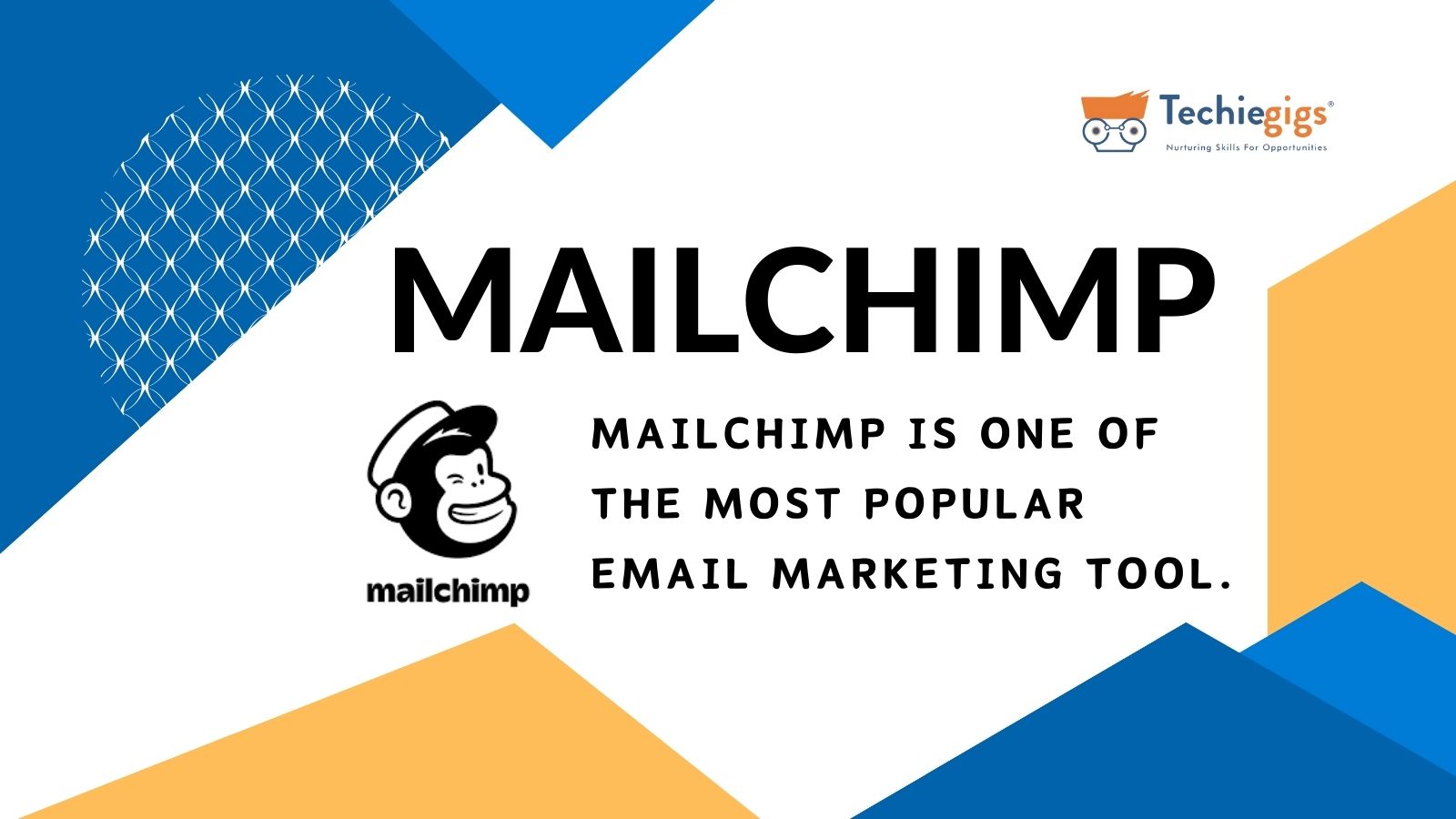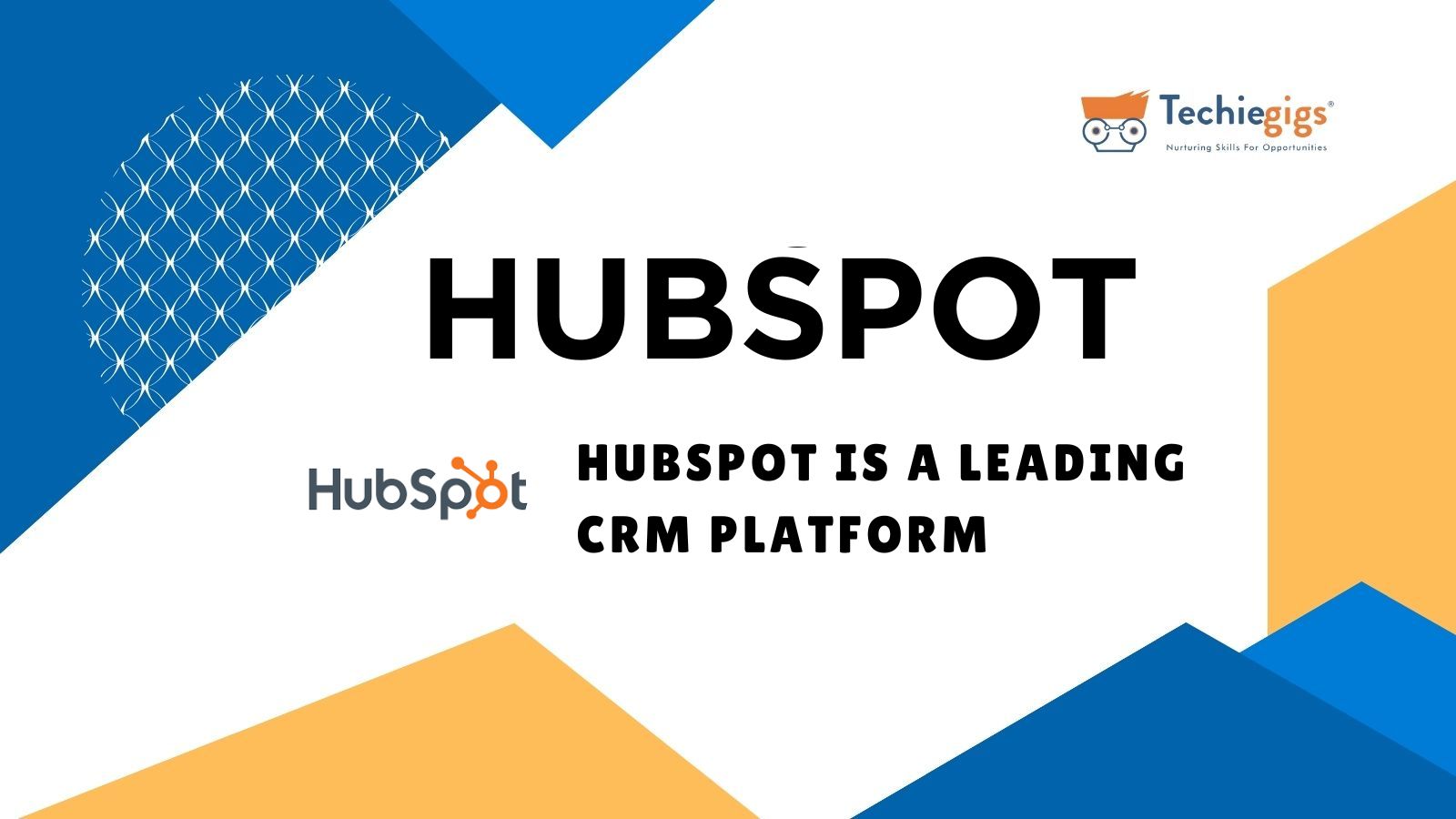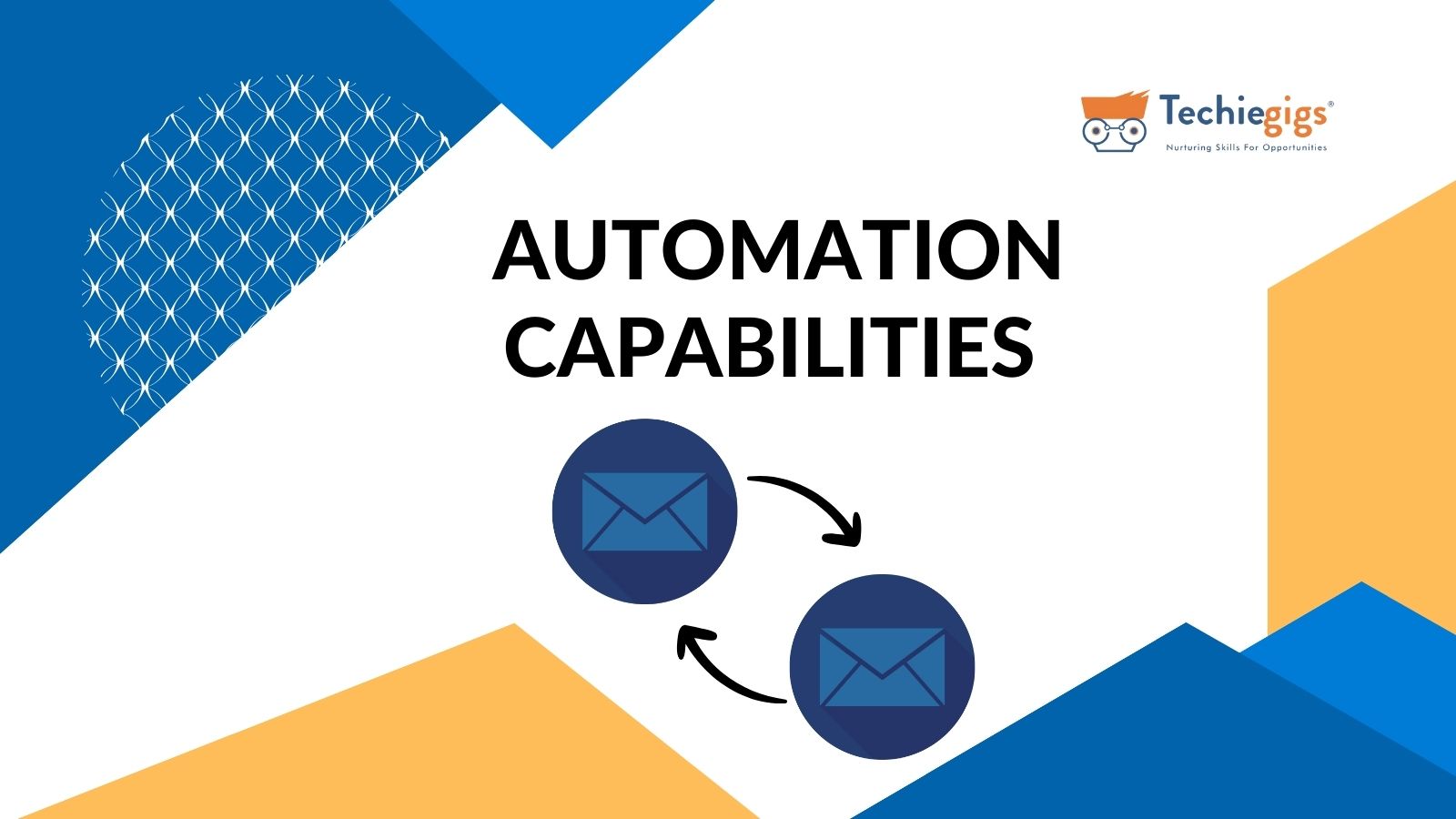Email marketing remains one of the most effective digital marketing strategies, offering businesses a direct line to their audience’s inbox. However, managing email campaigns manually can be time-consuming and inefficient. That’s where email marketing tools come in.
These platforms not only simplify the process of creating, sending, and analyzing emails but also enhance the effectiveness of your campaigns through automation, segmentation, and detailed analytics. With countless options available, choosing the right tool can be overwhelming. This guide will walk you through the top email marketing tools of 2025 and help you select the perfect one for your business needs.
Table of Content:
- What are Email Marketing Tools?
- Top Email Marketing Tools in 2025
- Benefits of Using Email Marketing Tools
- How to Choose the Right Email Marketing Tool for Your Business
What Are Email Marketing Tools?
These are software platforms designed to help businesses create, manage, and optimize their email marketing campaigns. These tools simplify the process of sending bulk emails, automating workflows, segmenting audiences, and tracking performance metrics. Whether you’re a small business or a large enterprise, this provides the necessary features to streamline communication and drive engagement.
Top Email Marketing Tools in 2025
1. Mailchimp
Mailchimp is one of the most popular email marketing tools, known for its user-friendly interface and robust features. It offers a range of templates, automation capabilities, and in-depth analytics. Mailchimp’s free plan is comprehensive, making it ideal for small businesses and startups. The tool’s e-commerce integrations are particularly strong, allowing businesses to connect their stores and track customer behaviors. However, its advanced automation features are limited on lower-tier plans, and it may become costly as your list grows. Mailchimp is perfect for businesses seeking a balance of simplicity and functionality.

2. Brevo (formerly SendinBlue)
Brevo stands out for its affordability and powerful automation features. It offers not just email marketing but also SMS marketing integration, making it a versatile tool for businesses looking to diversify their communication channels. Brevo’s transactional email capabilities are robust, ideal for e-commerce businesses needing to send order confirmations and updates. While the template editor could be more intuitive, Brevo excels in deliverability rates and advanced segmentation options, ensuring targeted and effective campaigns.
3. MailerLite
MailerLite is renowned for its simplicity and affordability. It offers essential features like automation, A/B testing, and detailed analytics without overwhelming users with complexity. Its drag-and-drop editor is particularly user-friendly, making it easy for beginners to create professional emails. MailerLite’s customer support is highly rated, providing excellent assistance when needed. However, it lacks some advanced features found in pricier tools, which might limit growing businesses. MailerLite is ideal for startups and small businesses that need an efficient, straightforward solution.
4. HubSpot Email Marketing
HubSpot offers a comprehensive suite of marketing tools, with email marketing being one of its standout features. It provides advanced segmentation, personalization, and seamless CRM integration, making it a powerful tool for nurturing leads through the entire sales funnel. HubSpot’s drag-and-drop editor is intuitive, and its analytics offer deep insights into campaign performance. However, the higher pricing can be a barrier for smaller businesses. HubSpot is best suited for larger companies or those already using its CRM platform, looking for a robust, all-in-one marketing solution.

5. GetResponse
GetResponse is a versatile email marketing tool that goes beyond just email. It offers webinar hosting, landing pages, and powerful automation workflows, making it a comprehensive marketing solution. Its autoresponder capabilities are particularly strong, allowing for personalized and timely communication. GetResponse also includes advanced analytics and A/B testing features to optimize campaigns. While it has a steeper learning curve, the extensive features make it worth the investment for businesses looking to scale their email marketing efforts.
6. Constant Contact
Constant Contact is a reliable, user-friendly email marketing tool designed for small to medium-sized businesses. It offers a wide array of customizable templates, list management features, and real-time reporting tools. One of its standout features is event marketing integration, allowing users to manage invitations, registrations, and follow-ups directly from the platform. While its automation capabilities are more basic compared to competitors, its ease of use and excellent customer support make it a great choice for businesses prioritizing simplicity and reliability.
7. ActiveCampaign
ActiveCampaign is renowned for its powerful automation and CRM capabilities. It allows businesses to create highly detailed audience segments and personalized email workflows, enhancing the precision and effectiveness of campaigns. ActiveCampaign’s robust analytics and reporting tools provide deep insights into customer behavior and campaign performance. While it has a steeper learning curve, the tool is ideal for businesses looking for a comprehensive marketing automation solution that integrates email marketing with sales and customer relationship management.
8. AWeber
AWeber is a trusted name in the email marketing industry, known for its simplicity and reliability. It offers a vast library of templates, automation features, and excellent customer support. AWeber’s autoresponder functionality is robust, making it easy to set up automated email sequences. Its pricing is competitive, and it provides detailed analytics to track campaign performance. AWeber is particularly effective for small businesses and entrepreneurs looking for a straightforward, reliable email marketing tool that delivers consistent results.
Benefits of Using Email Marketing Tools
The benefits of email marketing tools extend beyond just sending emails. They offer:

- Streamlined Communication: Automate and schedule emails, ensuring consistent engagement.
- Enhanced Personalization: Use data to segment your audience and send targeted messages.
- Comprehensive Analytics: Track open rates, click-through rates, and conversions to measure success and optimize future campaigns.
- Increased Efficiency: Automate repetitive tasks, saving time and reducing manual effort.
- Improved Effectiveness: Leverage data-driven insights to craft more impactful, relevant email content
Key Features to Look for in Email Marketing Tools
1. User-Friendly Interface
A user-friendly interface is crucial when selecting email marketing tools. Look for platforms with intuitive drag-and-drop editors, customizable templates, and easy-to-navigate dashboards. The simpler the interface, the quicker your team can learn and start creating effective campaigns. This ease of use can significantly reduce training time and allow marketers to focus on crafting compelling content.
2. Automation Capabilities
Automation is a game-changer in email marketing. The best email marketing tools allow you to set up automated workflows, such as welcome emails, birthday greetings, and re-engagement campaigns. Advanced tools also enable behavior-triggered emails, where actions like website visits or abandoned carts trigger specific follow-ups. Automation not only saves time but also ensures that your audience receives timely and relevant content, enhancing engagement and conversion rates.

3. Segmentation and Personalization
Effective email marketing tools offer robust segmentation options, enabling you to categorize your audience based on behavior, demographics, and preferences. Advanced segmentation allows for hyper-targeted campaigns, which can lead to significantly higher open and conversion rates. Personalization features go beyond using the recipient’s name; they can include tailored content, product recommendations, and dynamic email elements based on user behavior.
4. Analytics and Reporting
Analytics is the backbone of any successful email campaign. Choose email marketing tools that provide detailed reports on key metrics like open rates, click-through rates, conversions, bounce rates, and unsubscribe rates. Some tools also offer heatmaps to show where recipients are clicking within your emails. These insights are invaluable for refining your strategies, understanding audience behavior, and continuously improving campaign performance.
5. Integration with Other Platforms
The ability to integrate with other platforms, such as CRM systems, e-commerce sites, and social media, is a vital feature of email marketing tools. These integrations allow for seamless data sharing across your marketing stack, enabling more cohesive and personalized campaigns. For example, integrating your email marketing tool with your e-commerce platform can allow for automated product recommendations based on past purchases, or abandoned cart reminders to recover potential lost sales.
How to Choose the Right Email Marketing Tool for Your Business

1. Assessing Your Business Needs
Choosing the right email marketing tool starts with understanding your unique business needs. Consider the size of your audience, the complexity of your email campaigns, and your overall marketing goals. Are you looking for basic email sending capabilities, or do you need advanced automation and segmentation features? Identifying your specific requirements will help narrow down the tools that best fit your business. For example, a small business may prioritize ease of use and affordability, while a larger enterprise might focus on advanced automation and integration capabilities.
2. Budget Considerations
Budget is a critical factor when selecting an email marketing tool. Compare the pricing structures of different tools, taking into account not just the monthly fees but also any additional costs for extra features, contacts, or emails sent. Look for scalable solutions that can grow with your business, and ensure you’re not paying for features you don’t need. Free trials and freemium plans can be valuable for testing before committing. Additionally, consider the potential return on investment (ROI) each tool offers—sometimes paying a bit more for advanced features can lead to higher engagement and conversion rates.
3. Trial Periods and Demos
Most email marketing tools offer free trials or demos, allowing you to test their features and interface before making a decision. Use this opportunity to explore the tool’s capabilities, ease of use, and customer support responsiveness. Pay attention to how intuitive the platform is, the quality of available templates, and the robustness of reporting features. Testing the automation capabilities and integration options during the trial period can also give you a clearer picture of whether the tool aligns with your needs.
4. Evaluating Customer Support and Community
Reliable customer support is essential, especially if you encounter technical issues or need guidance with advanced features. Check if the tool offers multiple support channels, such as live chat, email, or phone support. Additionally, consider the availability of user communities, forums, and knowledge bases that can provide helpful tips and troubleshooting advice. A strong support system can significantly enhance your experience with the tool, ensuring any issues are resolved quickly and efficiently.
5. Considering Integration Capabilities
Your email marketing tool should integrate seamlessly with your existing software stack, including CRM systems, e-commerce platforms, and social media tools. These integrations can streamline your workflow, enhance data accuracy, and improve the overall efficiency of your marketing efforts. Ensure the tool you choose supports the integrations you need to create a cohesive marketing ecosystem. For example, integrating with a CRM can allow for better audience segmentation and more personalized communication, while connecting with an e-commerce platform can automate product recommendations and transactional emails.
Conclusion
Choosing the right email marketing tools is crucial for the success of your marketing campaigns. By understanding the features and benefits of various tools, assessing your business needs, and implementing best practices, you can maximize your email marketing efforts and achieve impressive results. These tools not only make email marketing more efficient by automating tasks and integrating with other platforms, but they also enhance the effectiveness of your campaigns through advanced analytics and personalization. Ready to take your email marketing to the next level? Explore the tools mentioned in this guide and start optimizing your campaigns today.


